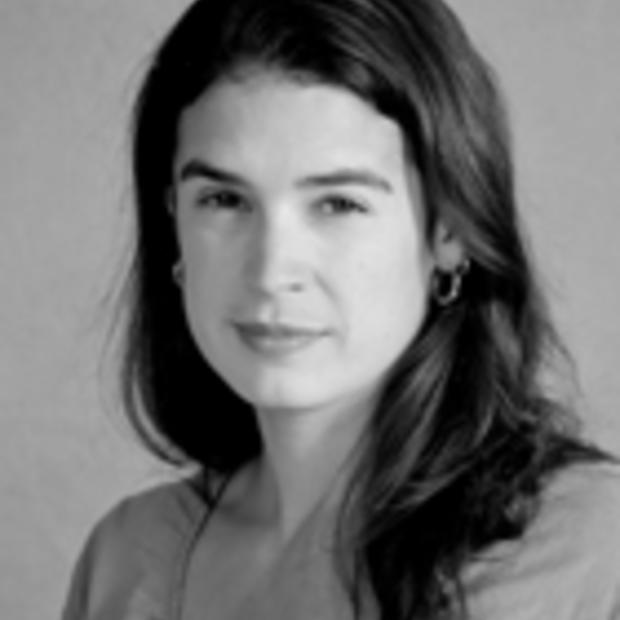Kaaren Andrews is the recipient of Crosscut’s 2015 Courage Award for public service. This year's winners will be honored at the annual Courage Awards Breakfast on October 29 at Benaroya Hall. A limited number of tables and tickets are still available through Brown Paper Tickets.
Spending 6 years as principal of Madrona K-8 taught Kaaren Andrews a lot, particularly about institutional racism and how early it starts. The school had a high poverty rate. Most students were African American. When the kids left for high school, Andrews says, “we were really expecting them to do well, but so many of them were dropping out, getting kicked out, failing – I would talk to them and it was just heart breaking.”
Andrews wanted to do more to help. “I saw that being a white person – advocating – I could get different things done. I wanted to use the privilege that I have try to engage different communities in believing in, supporting and seeing the greatness of our (minority) kids and families.”
When Andrews asked to work at the Interagency Academy, then Superintendent Maria Goodlow-Johnson “looked at me like I was nuts” Andrews says. “The school was perceived as out of control and not doing well. It was a big challenge to take on.”
Kaaren Andrews is now in her 6th year as principal there.
The Interagency Academy is an alternative high school in Seattle that does not turn kids away, regardless of their past. For many students, Interagency is the last chance for education after expulsion, incarceration, homelessness and other traumatic events. It’s a place where social and societal barriers are viewed, not as insurmountable, but as challenges that students can overcome.
“There’s no real road map for what we’re doing,” Andrews says. “Our school wouldn’t exist if anyone really knew how to serve the kids we’re serving. We’re trying to pave a totally new course. There’s stress around trying to figure it out. The stakes are really, really high because our kids die when they aren’t connected to some other path in the future.”
Last school year was especially hard for the Interagency Academy staff and students. Between mid-October and late March, six students died. They were murdered or committed suicide. Over the summer, four more were killed and another took her own life. When asked about it, Andrews furrows her brow. “It’s pretty remarkable loss. It makes me crazy because they were amazing people.”
To cope with the trauma, Andrews and the 85 staff members at Interagency leaned on each other. They spent time reflecting with the students; trying to reach out and interrupt retaliatory violence and help them process their grief.
Marcus Harden is the Student/Family advocate at Interagency. He’s worked with Kaaren Andrews since 2005. “She definitely leads by example. There’s nothing she won’t do. You watch her passion and her commitment to the kids, and it inspires you. It’s definitely her in front, but she’ll be the first to tell you, ‘I’m not in front of you. I’m right next to you.’ We all stand beside her.”
“I think my staff respects me,” Andrews agrees. “That doesn’t mean they all like me. I’m really direct and say things people don’t always want to hear. But they know I would never ask anyone to do anything I wouldn’t do myself. I’m not afraid to try, or to step into any situation.”
Is that courage? Not by Andrews’ definition. “Courage means you stand to lose something if you take a step and I don’t think like that. I’m not afraid of losing,” she says. “When I really feel something can be done there is very little that can stop me from doing it. And I am not afraid. I think it’s worth losing if you’re standing up for the right thing.”
The third annual Courage Awards will take place the morning of October 29. This year’s event will feature a keynote address from New York Times columnist Tim Egan, as well as a panel discussion with the Courage Awards winners and Crosscut’s own Knute Berger. A limited number of tables and tickets are still available through Brown Paper Tickets. Every dollar donated at the Crosscut Courage Awards supports Crosscut’s in-depth, quality coverage of critically underreported local and regional issues.



